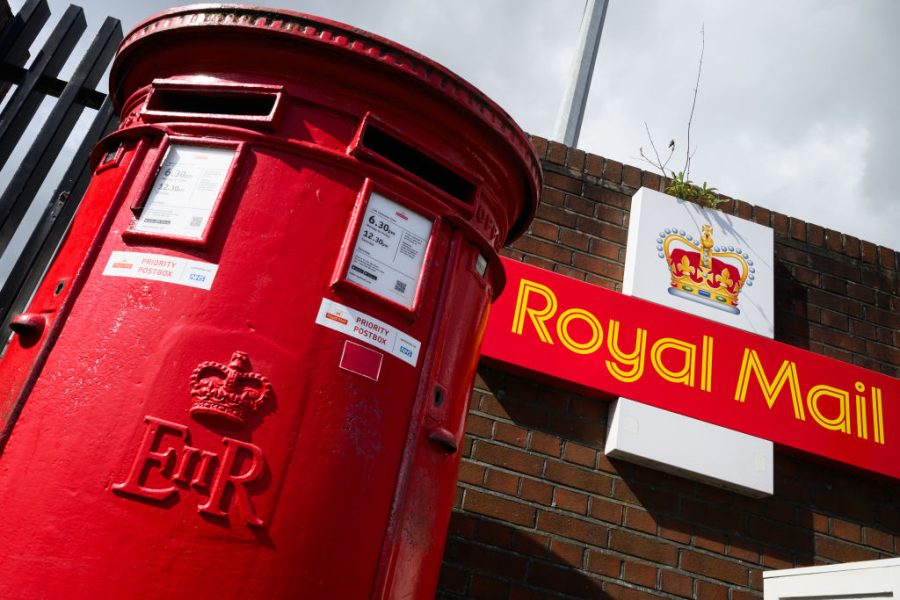It will maintain the single price ‘universal service obligation’. The government will keep its ‘golden share’. And there are ‘legally binding obligations’ to protect the company. The Labour government may feel it has negotiated enough concessions out of the Czech billionaire Daniel Kretinsky to allow his £3.6 billion takeover of Royal Mail to go ahead. Here’s the problem, though. If the company declines even further, as it almost certainly will, it will be Keir Starmer’s government which gets the blame.
With approval from the government, Kretinsky’s acquisition of the Royal Mail now looks certain to go ahead. The Czech tycoon has made so many promises, it is hard to see how it could have been stopped. He has pledged to keep its headquarters and tax residency in the UK for the next five years. He has promised not to touch the surplus built up in its pension fund. And he has said he will respect union demands for no compulsory redundancies, at least until next year. With significant stakes in both Sainsbury’s and West Ham United, in many ways Kretinsky looks like an ideal owner. He is fabulously wealthy, and willing to put money into the UK, without asking for much in return.
The trouble is, none of that changes the fundamental outlook for the company. In reality, Royal Mail is a terrible business, in deep trouble, with very poor prospects. No one sends letters any more – for anyone who hasn’t noticed a slightly better mailing system was invented about 25 years ago – and that is not going to change now. In the growing parcels business, it is hopelessly uncompetitive. Even worse, it is burdened with legacy costs, and very powerful, entrenched unions, which its newer and more nimble competitors don’t have to deal with. The big rise in National Insurance imposed in the Budget will cost it an extra £120 million a year it warned last month, worsening the financial outlook.
We don’t know what Kretinsky’s precise plans for the company are. But it is hard to avoid the suspicion that at some point he will demand the right to radically restructure its operations. By allowing the takeover to go ahead, the government has made sure it will take the blame for that. It either refuses, and lets the company go bust. Or else it agrees, and allows massive job cuts, and a scaling back of the service. In reality, it would have been far better to reform its service obligations first, and leave it to the current management to work out its future. By allowing the sale to go ahead, the Labour administration has taken responsibility for what happens to it next – and it is hard to believe that will work out very well.







Comments